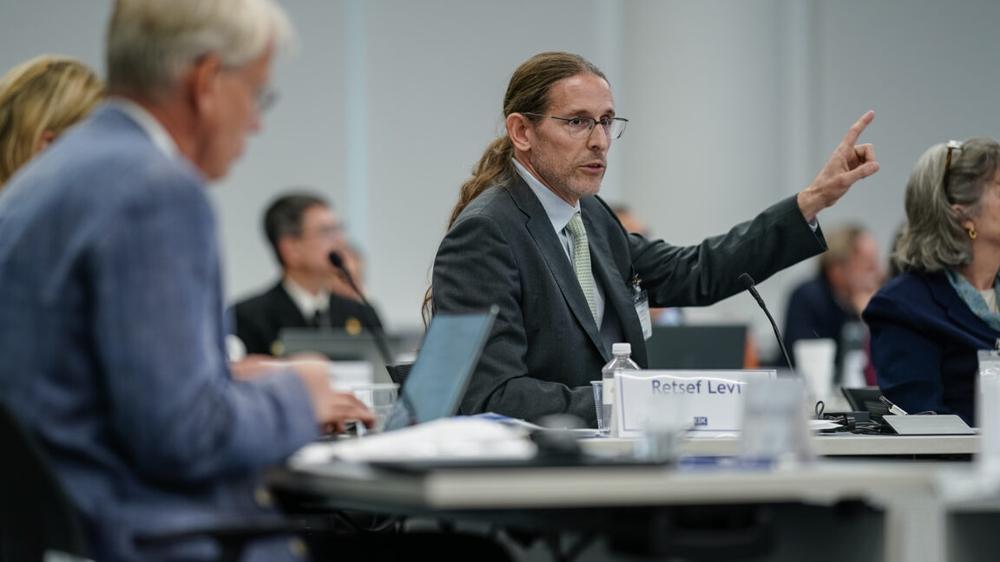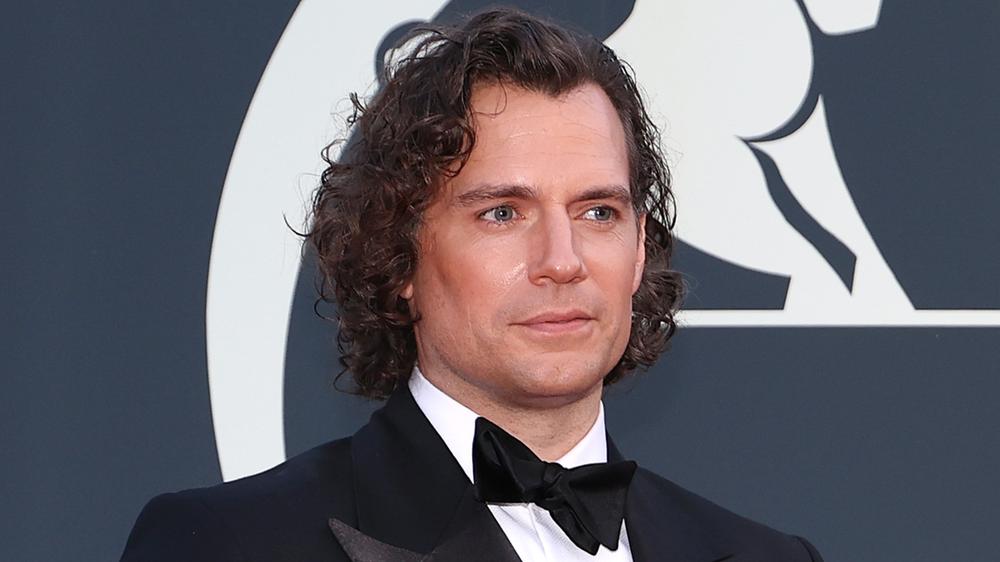A two-day federal vaccine advisory meeting crammed with chaos, confusion, inept debate, bizarre comments, and a hot mic catching someone saying "you're an idiot," ended with an unexpected twist: The advisors unanimously voted—possibly unintentionally—to maintain broad access to COVID-19 vaccines.
In the 12–0 vote, the committee of advisors selected by anti-vaccine activist Robert F. Kennedy Jr. adopted a recommendation for adults 65 and older and people aged 6 months to 64 years to get a COVID-19 vaccine based on shared clinical decision-making. If the Centers for Disease Control and Prevention adopts the recommendation, it will maintain requirements that federal and private health insurance plans cover COVID-19 vaccines at no cost.
Earlier this year, the FDA limited the approvals of this year's shots, which have previously been available to anyone 6 months of age or older. The FDA's new restriction limits them to adults aged 65 and up and for people between the ages of 6 months and 64 years who have an underlying medical condition that puts them at high risk of severe COVID-19.
The language adopted Friday by the committee—the CDC's Advisory Committee on Immunization Practices (ACIP)—appears more permissive. It states that for individuals 6 months to 64 years, vaccination is based on "individual-based decision making—with an emphasis that the risk-benefit of vaccination is most favorable for individuals who are at an increased risk for severe COVID-19 disease and lowest for individuals who are not at an increased risk, according to the CDC list of COVID-19 risk factors."
The significance of that stipulated "emphasis" on who actually has access to the vaccine is unclear. Generally, the inexperienced and dubiously qualified panel did not have a good grasp of how any of their recommendations would translate to real-world practices.
For instance, in two other votes related to COVID-19 vaccines this afternoon, the panel voted in favor of recommending changes to informed-consent processes. But it's entirely unclear what those recommendations mean in practice—if anything.
In a fourth vote this afternoon, the committee weighed making it a universal requirement that anyone (even those 65 and up) would need a prescription from their doctor to get a COVID-19 vaccine. It's unclear if the panel even has the ability to make such a requirement. However, if it did, the requirement would dramatically limit access, creating barriers for many people, including the numerous Americans without a primary physician, and increase health care costs overall.
Still, the panel teetered on adopting the recommendation, with a vote of six in favor, six against. Because Martin Kulldorff, the chair of the panel, voted no, his vote broke the tie, and the recommendation was not adopted.
Dopey debates
Today's overall discussion on COVID-19 vaccines was as absurd as the earlier parts of the two-day meeting (see our coverage of day one and earlier today). During the COVID-19 deliberations, CDC staff experts presented scientifically rigorous presentations of the latest epidemiology, safety, and vaccine effectiveness data. Data continue to show that the COVID-19 vaccines protect against emergency department and urgent care visits among children and adults, as well as hospitalizations and critical illness in people aged 65 and older.
But the panel today also heard from outside sources who presented unvetted evidence and associations, suggesting COVID-19 vaccines cause cancer and nefariously linger in the body. The members themselves brought their own conspiracy theories and bunkum to the table.
At one point, Hillary Blackburn, a pharmacist and daughter-in-law of Sen. Marsha Blackburn (R-Tenn.), noted that her mother developed lung cancer two years after getting a COVID-19 vaccine, suggesting, without any evidence, that there could be a link. Evelyn Griffin, an obstetrician and gynecologist in Louisiana who reportedly lost her job for refusing to get a COVID-19 vaccine, meanwhile, did her own research and tried to suggest that the mRNA in mRNA vaccines could be turned into DNA inside human cells and integrate into our genetic material. She made this assertion to a scientist at Pfizer (a maker of an mRNA COVID-19 vaccine), asking him to respond.
With admirable composure, the Pfizer scientist explained that it was not biologically plausible: "RNA cannot reverse transcribe to DNA and transport from the cytoplasm to the nucleus and then integrate. That requires a set of molecules and enzymes that don't exist in humans and are largely reserved for retroviruses."
At the very start of the meeting, liaisons from mainstream medical organizations pressed that the ACIP committee needs to ditch such anecdotal nonsense and unvetted data, and return to the high-quality framework for evidence-based decision-making that ACIP has used in the past, which involves comprehensive, methodical evaluations.
Retsef Levi, who works on operations management and has publicly said that COVID-19 vaccines should be removed from the market, responded by falsely claiming that there are no high-quality clinical trials to show vaccine safety, so calls to return to methodological rigor for policy making are hypocritical. "With all due respect, I just encourage all of us to be a little bit more humble," Levi, who was the head of the ACIP's COVID-19 working group, said.
During his response, a hot mic picked up someone saying, "You're an idiot." It's unclear who the speaker was—or how many other people they were speaking for.

 Henry Cavill Reemerges With Poetry and a Wrapped-Up Foot Following Highlander Injury
Henry Cavill Reemerges With Poetry and a Wrapped-Up Foot Following Highlander Injury